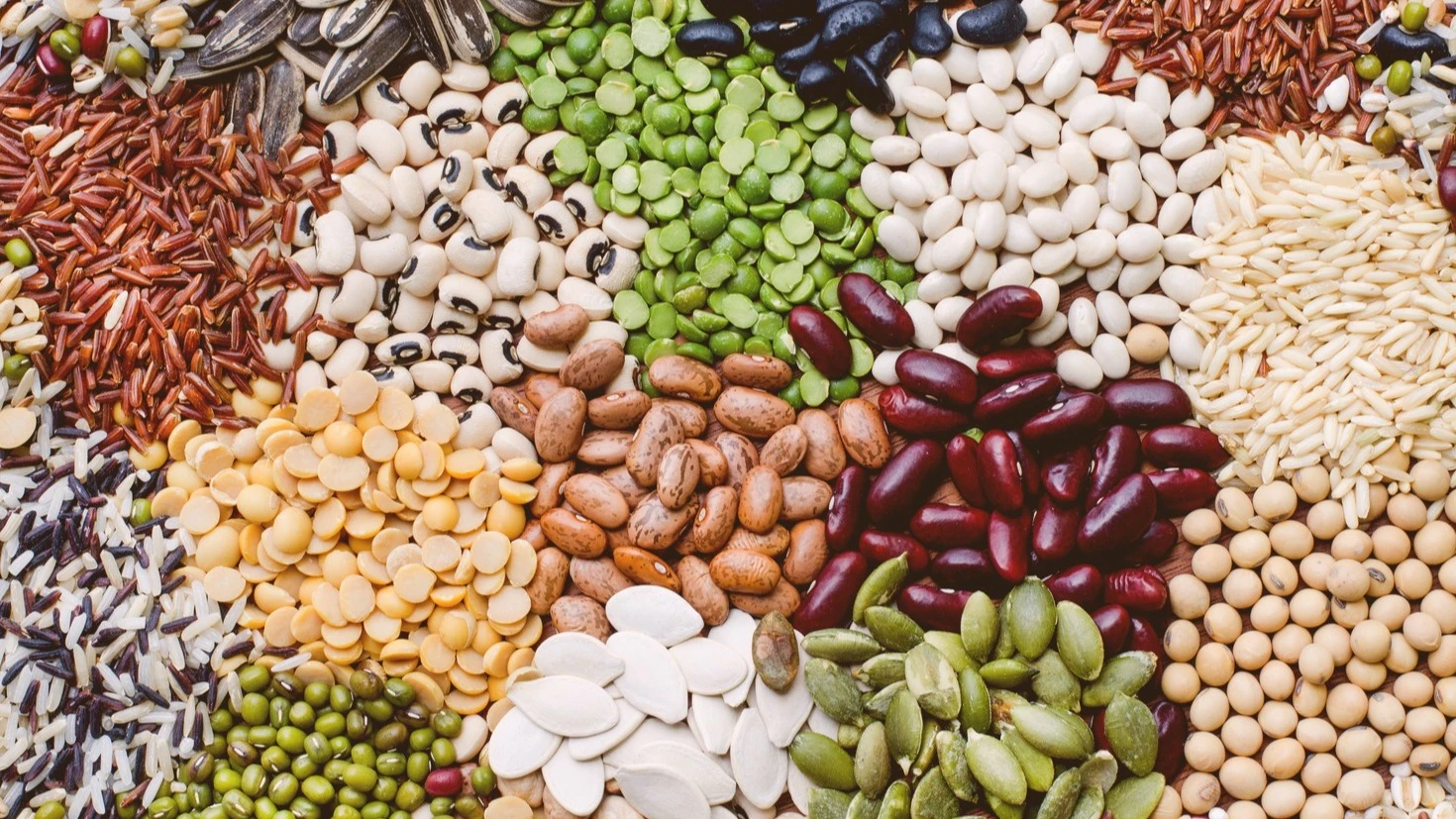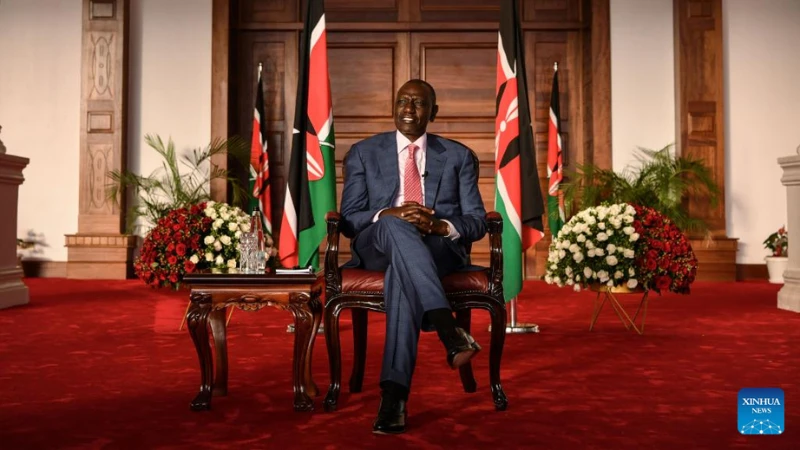Indigenous seeds uplift receiving wide support

AGRICULTURAL experts and civil society groups support government plans to amend seed regulations to formally recognize and certify indigenous seed varieties.
Hussein Bashe, the Agriculture minister, made this observation in the legislature, asserting that the move could uplift food systems, improve public health and protect biodiversity.
He told the legislature yesterday that the government has begun revising current seed law to include traditional seed varieties in the official system, enabling farmers to access them in agricultural input stores.
MPs have lately approved a new law recognizing indigenous seeds, a milestone that now demands regulatory alignment to ensure full implementation, with the Tanzania Agricultural Research Institute (TARI) already completing analysis on 33 varieties of indigenous maize and rice seeds.
“These seeds have traditionally been exchanged within communities, and now we’re ensuring they are formally analyzed, certified and accessible through formal channels,” the minister stated.
Farmers are expected to benefit from a broader portfolio of seed choices—ranging from fast-maturing hybrid varieties to resilient indigenous crops better suited to withstand climate change, he elaborated.
The Tanzania Plant Health and Pesticides Authority (TPHA) has identified 45 synthetic pesticides that will be removed from the country’s approved list due to limited effectiveness or environmental risk, he said.
In their place natural pesticides will be promoted, with efforts being initiated to map out organic alternatives providing safer, more sustainable tools for farmers, he said.
Special Seats MP Angelina Malembeka raised the issue of chemical sprays damaging soil health and posing risks to consumers, where the government emphasized its shift toward eco-friendly agricultural inputs.
David Silinde, the deputy minister, confirmed that seed banks are being developed to preserve indigenous seed varieties for future generations, while advocacy groups warn that without legal safeguards these efforts may fall short of the purpose.
Daud Manongi of the Seeds Working Group (SWG), a coalition of researchers and advocates, said that indigenous seeds are nutrient-rich, climate-resilient and essential in addressing malnutrition and food security. “We urgently need policy change to protect and promote them,” he declared.
The current Seed Act still favours commercial varieties, often genetically uniform and low in nutritional value, over diverse indigenous crops like millet, finger millet, cassava and coloured maize.
A study made by SWG and TARI shows that traditional crops are high in minerals such as iron, zinc and calcium—critical for digestion, immunity and anemia prevention.
In support of the government initiative, SWG has launched a nationwide campaign titled "Seed is Life" and established 45 community seed banks across the country. The group is now lobbying for legislation that mandates at least one seed bank in every district.
Deo Mwanyika, the chairman of the Industry, Trade, Agriculture and Livestock committee of the National Assembly echoed the need for comprehensive reform.
“This is about more than just improving food supply—it’s about public health, environmental sustainability and long-term resilience,” he said.
The ministry is drafting regulatory provisions to fully incorporate indigenous seed systems into national policy, he specified.
As the government takes its first concrete steps, stakeholders are calling for transparency, collaboration and investment to ensure that farmers, especially smallholders, have access to seeds that reflect the country’s rich agricultural heritage, he added.
Top Headlines
© 2025 IPPMEDIA.COM. ALL RIGHTS RESERVED






















